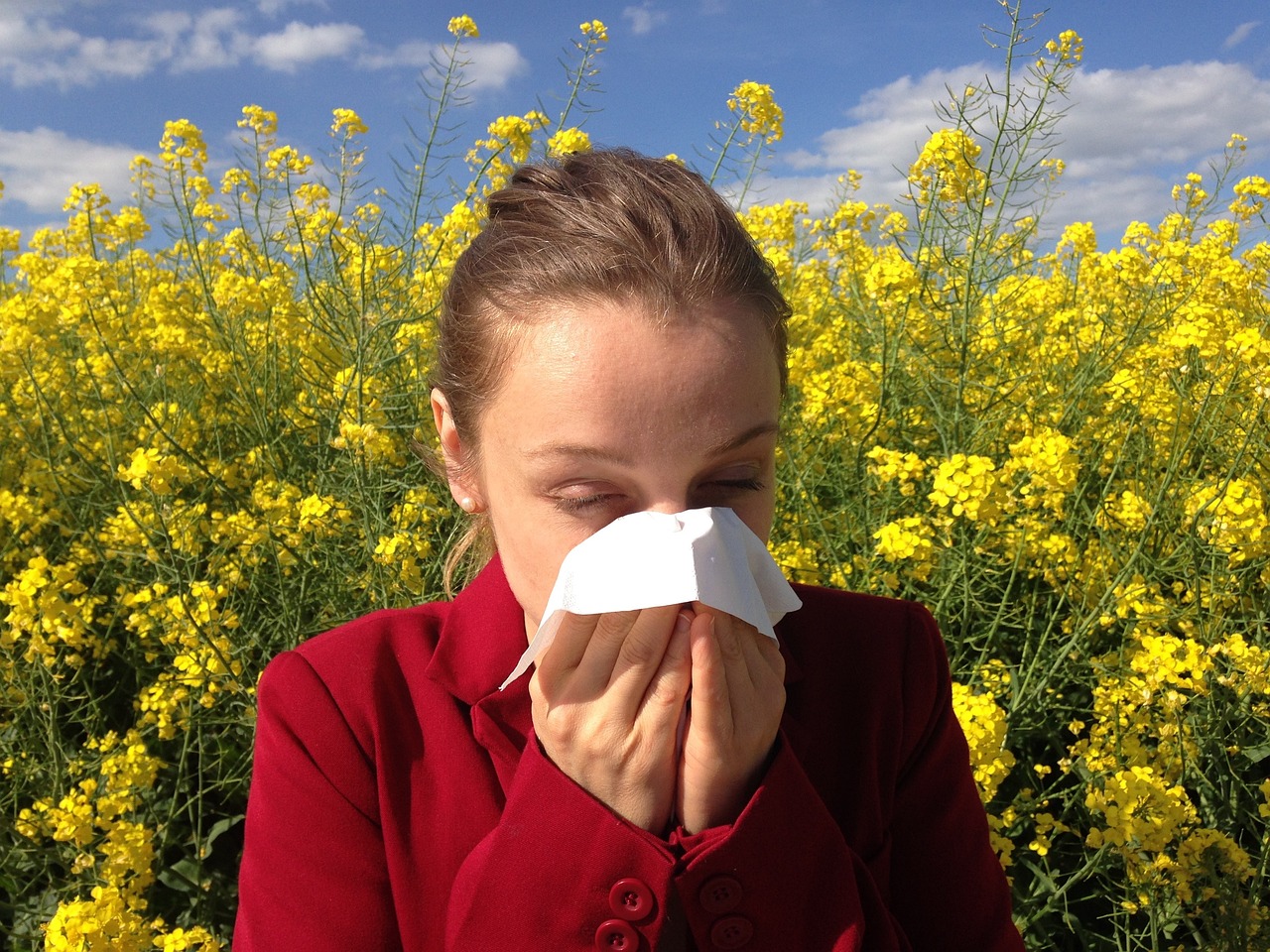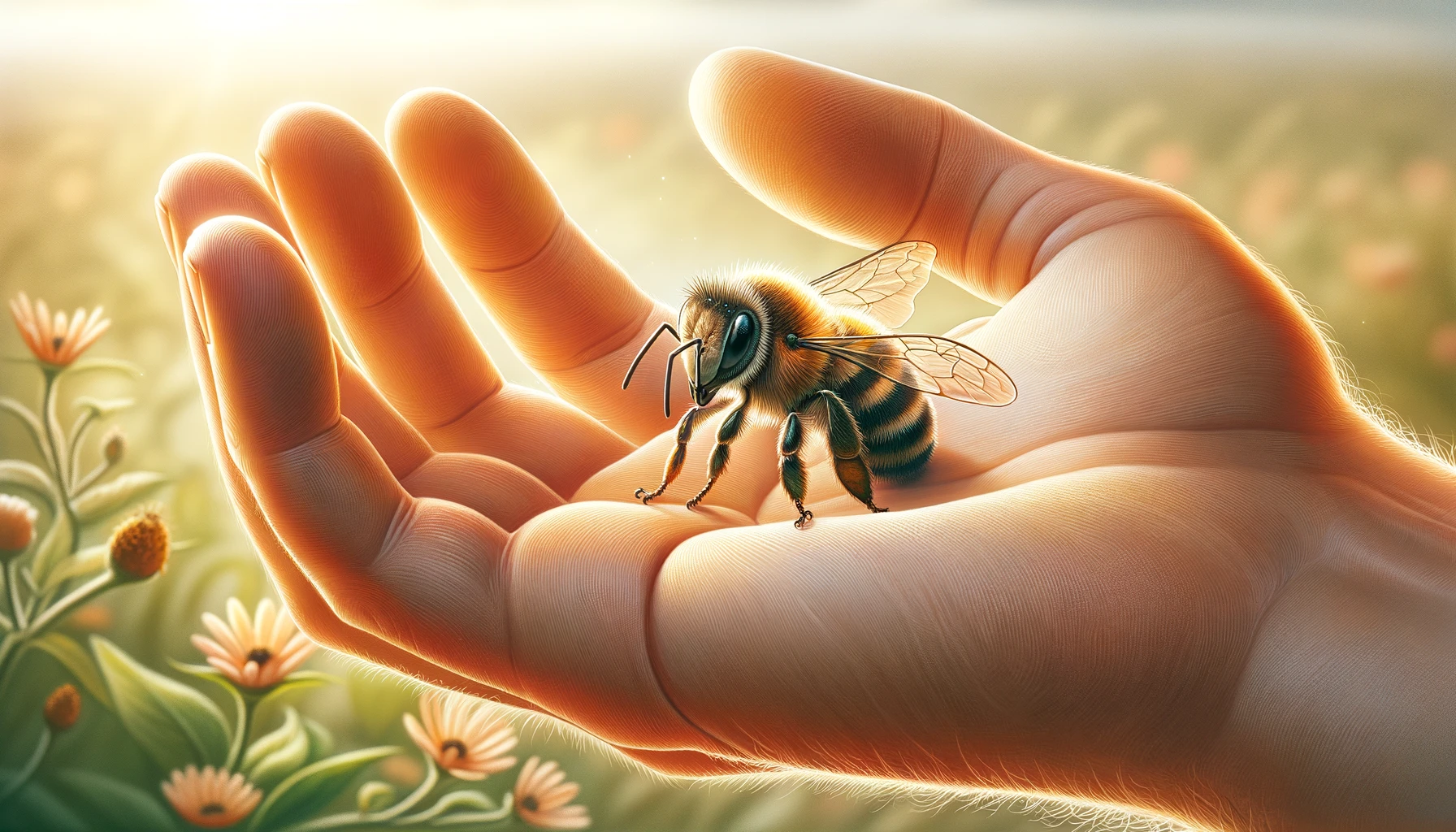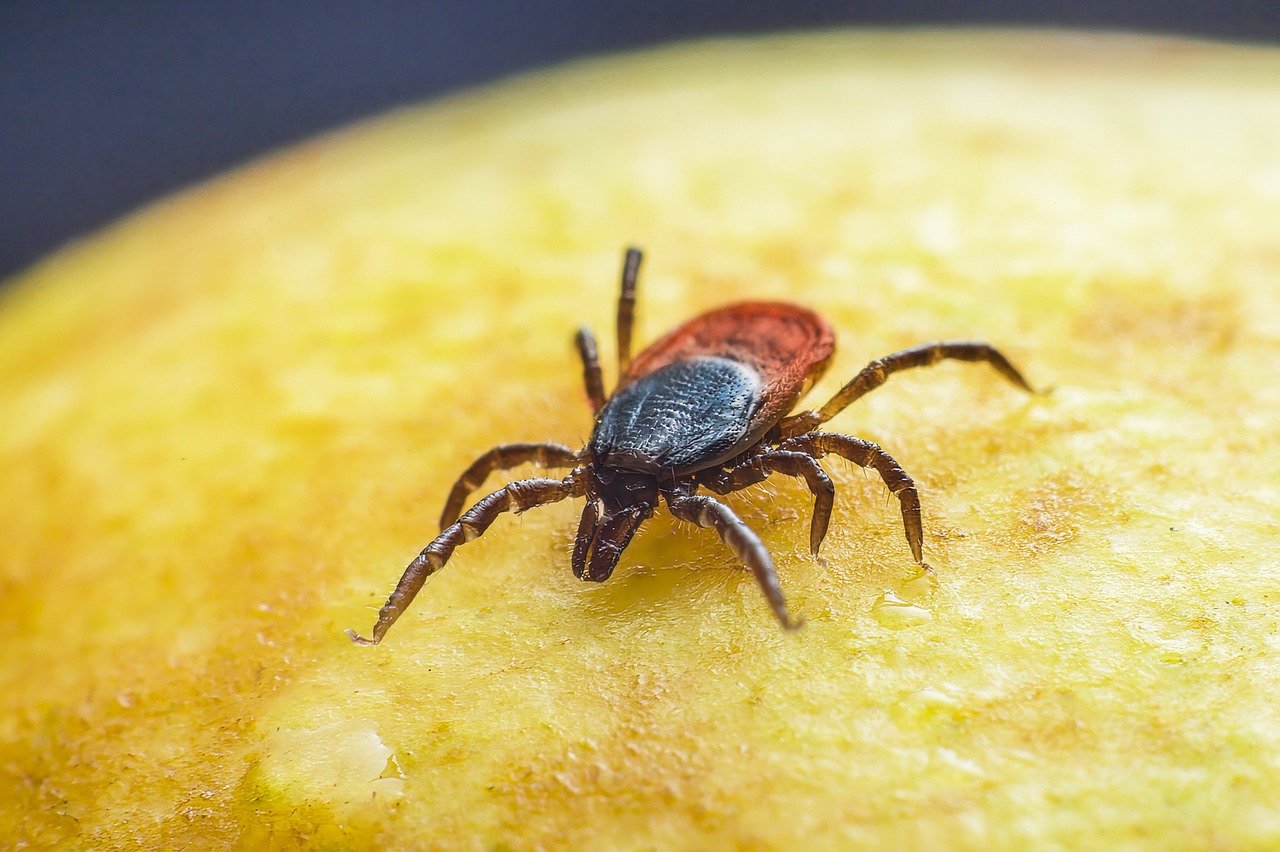Allergies. The nature’s way of reminding us that we’re not invincible and that the tiniest of things can bring the mightiest of us to our knees… or at least make our noses run like a leaking faucet. While some of us are busy conquering mountains and creating the next big tech invention, others are just trying to survive a casual stroll in the park without being taken down by pollen. Priorities, right?
So, for all of you out there who break into a sneeze-fest at the mere whiff of spring, or those who live in mortal fear of bee stings or peanut dust, here’s a completely serious guide on how to prevent and treat allergies. Get ready to live your best, least sneezy life!
1. Build a Bubble: The Introvert’s Dream
Let’s start with the most obvious solution: live in a bubble. Sounds dreamy, right? No allergens, no human contact (another bonus for many, let’s be honest), and a life free of sniffles. While it might sound tempting to some (especially in the middle of an allergy attack), it’s not the most practical option. So, for those of you who still want to, you know, have a life, let’s move on to some real advice.
2. All About That Hygiene Life
Sure, showering feels good. But after a long day out and about, mingling with all those allergens, it becomes a necessity. Not just for you but for all those around you who’d prefer not to bear witness to your relentless sneezing. Rinse off all that pesky pollen from your skin and hair, and while you’re at it, throw your clothes in the wash. Why allow those microscopic monsters to linger?
3. Windows: Nature’s Tease
Ah, the joys of a fresh breeze wafting through your room, bringing with it… copious amounts of pollen. Maybe rethink flinging open those windows during high pollen counts, unless you want your room to turn into an allergy war zone. Instead, use air conditioning, but remember to change or clean those filters regularly. Otherwise, you’re just recirculating the enemy.
4. Pets: Adorable Allergen Carriers
You love Fluffy. Fluffy loves the outdoors. Fluffy also loves bringing the outdoors inside on her fur. Regular baths for your pets (and trust me, they’ll totally thank you for it) can reduce the allergens they carry into your sanctuary. If you’re super serious about it, designate “allergy-free zones” in your house where Fluffy’s adventurous spirit (and allergens) can’t reach.
5. Become a Masked Vigilante (or just someone who wears a mask)
While we used to think masks were only for superheroes and bank robbers, times have changed. If pollen is your nemesis, consider donning a mask during peak pollen times. Not only will you be protecting your airways, but you’ll also look mysteriously cool. Bonus!
6. Embrace Your Inner Hermit
Okay, so this might be leaning back towards the bubble idea, but in a less dramatic way. On days when the pollen count is higher than your caffeine intake, maybe it’s best to stay indoors. Check daily pollen forecasts and plan your outdoor escapades accordingly. Early mornings and evenings often have lower pollen counts, so adjust your schedule and enjoy nature when it’s a tad less hostile.
7. House Cleaning: Not Just for Appearances
You might think vacuuming is just for those surprise visits from your mother-in-law, but think again! Keeping your living space clean is essential for anyone, but for allergy sufferers, it’s the difference between a haven and a hellscape. Consider investing in a vacuum with a HEPA filter; it’s adept at capturing even the tiniest of allergen particles. And while we’re on the topic, regular dusting is essential too. Just remember to don that stylish mask to avoid inhaling all the stuff you’re trying to get rid of.
8. Ditch the Fragrance Overload
Yes, “Midnight Jasmine” or “Tropical Beach” might make your home smell like a dreamy getaway, but scented candles and air fresheners can be nightmare fuel for some allergy sufferers. Opt for fragrance-free or naturally scented options if you absolutely must mask the smell of, well, life.
9. Go Pro: Allergist Edition
You wouldn’t trust a fish to teach you to climb a tree, so why rely solely on DIY methods to battle your allergies? Seek out an allergist. They can provide professional advice, perform allergy tests, and might even introduce you to immunotherapy (allergy shots). It’s like training your body to become its own allergy-fighting superhero. How cool is that?
10. Over-the-Counter: Your New Best Friends
If all else fails and you’re still grappling with those sneezy, itchy, watery-eyed moments, there’s an array of over-the-counter medications ready to ride to your rescue. Antihistamines, decongestants, nasal corticosteroids – it sounds like the lineup for a medicine-themed rock band, but they’re here to help. Of course, always consult with a doctor before popping any pill; they might not approve of your newfound band members.
11. Allergy-Proof Your Sleep
The average person spends around a third of their life sleeping. Make sure you’re not cuddling up with mites and allergens. Invest in hypoallergenic pillows and mattress covers. And while you’re at it, make it a habit to wash your bedding in hot water weekly. Nothing ruins a romantic night like sniffling because of allergens on your sheets.
12. The Spice of Life
Spicy foods can actually help clear nasal passages. So the next time you’re feeling congested, indulge in some spicy cuisine. Sure, you might end up crying from the heat, but at least it won’t be because of allergies!
So, there you have it. Your roadmap to navigating the sneezy maze of allergies. Remember, life’s too short to spend it sniffling. By following these (slightly) funny but genuinely effective steps, you can laugh in the face of allergies. Well, maybe not directly in the face. Pollen has a way of getting everywhere.
Pro Tips: Because Being Proactive is Better than Being Sneezy
- Saline Salvation: Regularly rinsing your nasal passages with a saline solution can help clear out allergens and mucus, offering relief from congestion. Just ensure you’re using distilled or sterilized water to avoid introducing any new invaders!
- Sunglasses Aren’t Just Fashion Statements: Wearing sunglasses, especially wrap-around ones, can help prevent pollen and other irritants from getting into your eyes. Plus, you’ll look fabulous while fending off those allergens.
- Humidity Helpers: Invest in a dehumidifier for your home. Keeping humidity levels between 30% to 50% can help control mold and dust mites, both common indoor allergens.
- Stay Informed: There are various apps and websites that provide daily pollen counts. Having one on your phone can help you plan your day and minimize exposure on particularly heavy pollen days.
- Mind What You Eat: Some foods can cause oral allergy symptoms due to cross-reactivity. For instance, if you’re allergic to birch pollen, you might react to apples. Stay aware of such links and adjust your diet accordingly.
- Be Pollen Savvy: Did you know pollen counts are typically higher between 5 am to 10 am? Adjusting your outdoor routine might save you from the worst of the pollen onslaught.
- Embrace Indoor Plants: Certain houseplants can improve indoor air quality by filtering out some pollutants. Spider plants, peace lilies, and snake plants are all fantastic (and low-maintenance) options.
- Smoke-Free Zone: Cigarette smoke can aggravate allergy symptoms. If you smoke, consider quitting. If you don’t, ensure your living spaces remain smoke-free.
- Cover Up: If you’re doing yard work or gardening, wear long sleeves, pants, gloves, and even a hat to reduce skin exposure to allergens.
- Vent Wisely: Use exhaust fans in your kitchen and bathroom to reduce moisture and remove cooking fumes and reduce potential mold growth.
- Natural Alternatives: Butterbur and quercetin are natural antihistamines. Always consult with a healthcare professional before introducing any supplements to your routine.
Equipped with these pro tips, you’re not just surviving the allergy season; you’re thriving in it. Remember, it’s not about avoiding the world; it’s about adapting and dancing through it, sneeze-free!
FAQs: Because Questions Are Inevitable When You’re Sniffling
Yes and no. While you won’t inherit a specific allergy from your parents (like their peanut allergy), you may inherit a general predisposition to develop allergies. So, thanks, family genes!
Sometimes. Many children outgrow food allergies like milk or eggs. However, some allergies, especially those to peanuts, tree nuts, fish, and shellfish, are often lifelong companions. Similarly, if you develop allergies as an adult, it’s likely they’ll stick around for the long haul.
Allergies are sneaky. Changes in your environment, moving to a new place, or changes in your immune system can all trigger new allergies in adulthood. Welcome to the club!
While it sounds like a plot of a sci-fi movie, some people do experience an allergic reaction to sun exposure called “solar urticaria.” However, it’s pretty rare. If you’re turning red in the sun, it’s more likely a sunburn than an allergy.
Unfortunately, no pet is entirely hypoallergenic. While some breeds may produce fewer allergens than others, all pets produce some amount of dander, urine, and saliva which can trigger allergies. But don’t fret, proper grooming and cleaning can reduce allergens, making cohabitation a sniffle-free reality!
The idea here is that consuming local honey will expose you to local pollen and help build immunity. While it’s a sweet theory (pun intended), there isn’t concrete scientific evidence to back this up. But hey, if you love honey, it’s a delicious experiment!
Allergies can lead to a chain reaction in your immune system, releasing various chemicals like histamine. Depending on where these chemicals are released, you might experience different symptoms — like sneezing from the nose or itching in the eyes.
Pregnancy can be a wild rollercoaster for hormones, and sometimes allergies join the ride. Some women might experience new sensitivities, while others find their existing allergies intensifying or even lessening.
Yes, allergy shots (immunotherapy) are generally safe for children over the age of five. It can not only provide relief from symptoms but might also prevent the development of new allergies and asthma in the future.
Some allergy medications are considered safe during pregnancy and breastfeeding, while others might not be. Always consult with a healthcare professional before taking any medication during these critical periods.



